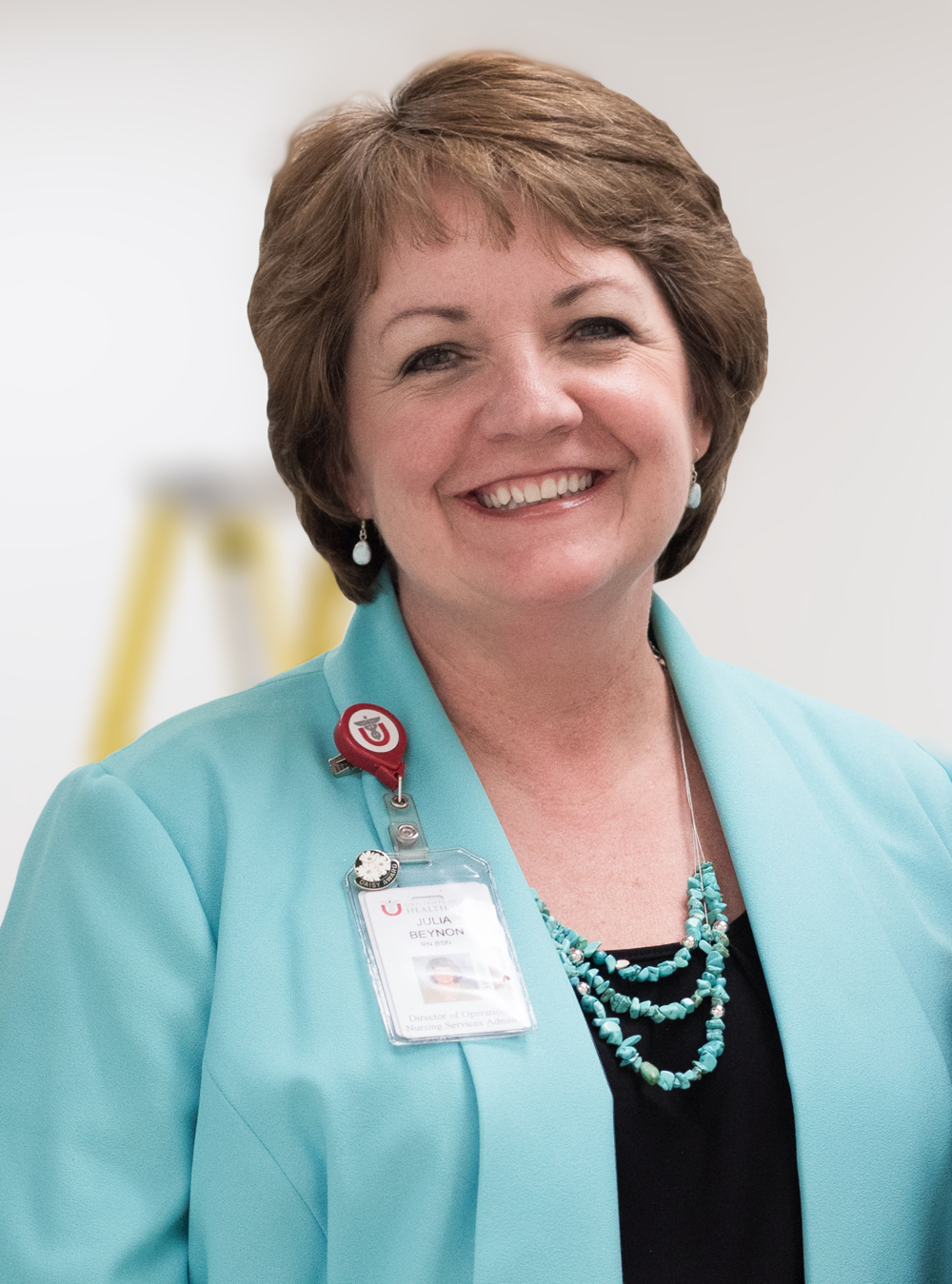At One University Hospital, Driving Front-Line Staff Members to Make Small Changes Leads to Big Gains with Patients
What You Can Learn from “Imagining Perfect Care” in Your Facilities
// By Lisa D. Ellis //
The parking garage at the University of Utah Health, where families leave with their newborns, used to be dirty and stark. But a team of staff members recently recognized the poor image this created and decided to do something to improve the conditions. With a few gallons of paint and lots of artistic skill and elbow grease, they transformed the setting into a bright and welcoming space that now drives home a clear message that the health system cares for its patients.
The Imagine Perfect Care Program Is Born

Julia Beynon, BSN, RN, director of Imagine Perfect Care
This project came about thanks to a unique University of Utah Health initiative called the Imagine Perfect Care program, which began a few years ago, according to Julia Beynon, BSN, RN, director of Imagine Perfect Care. The Imagine Perfect Care program is an innovative response to the growing pressure on health systems to improve their quality of care while containing costs and accomplishing more with less manpower. With the odds stacked in the wrong direction for many organizations, efforts such as this one show that defining priorities and then empowering staff to navigate the complexities of their system can lead to positive changes, including patient satisfaction and better outcomes.
This is particularly important for University of Utah Health. As the only academic medical center in the region, the system serves Utah residents, as well as people living in five nearby states.
Filling a Void
“We understand that our front-line staff members recognize what needs to be done to improve patient care, but often there isn’t a mechanism to carry their ideas forward to bring them to fruition. Our senior leaders wanted to find a way to inspire and empower each of us to be able to make those changes happen,” Beynon says.
